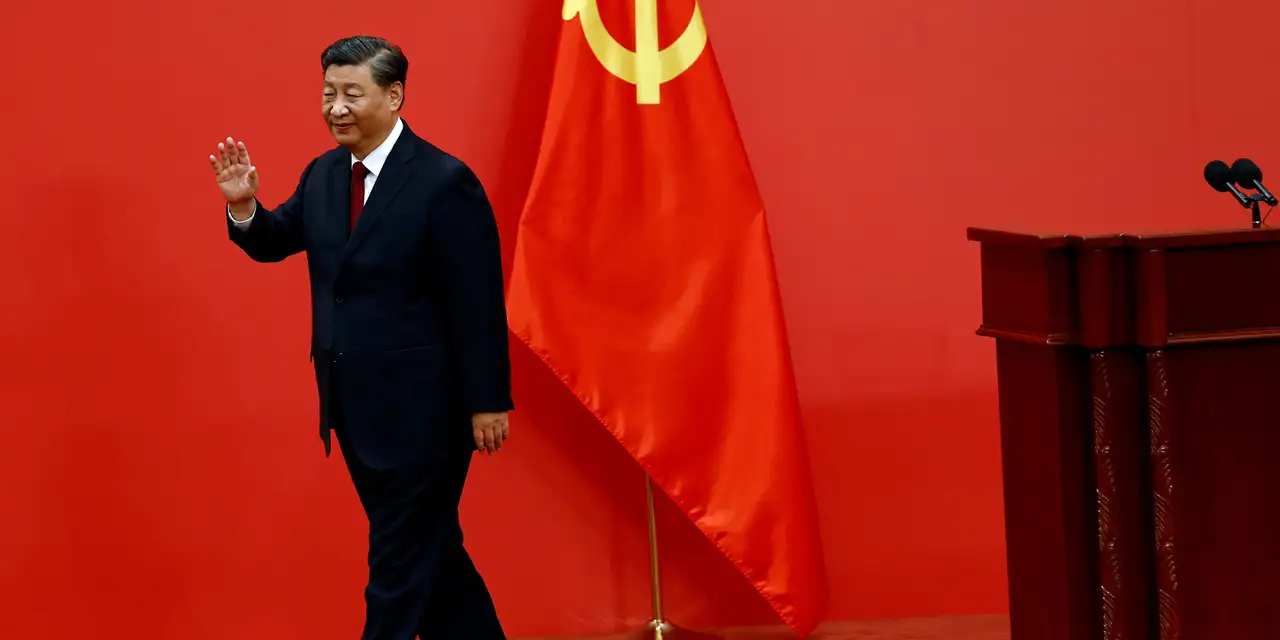
President Xi Jinping’s report to the 20th Communist Party congress hints at more tax and regulatory measures aimed at reducing wealth disparities.
In the last two decades, the Swiss wealth management sector has been forced to directly confront and contend with the vagaries of the world’s two largest economies in the world – China and the US.
In the case of the US, it has been anything but a delicate balancing act. Most of the wealth management industry has been manhandled into coughing up material fines for abetting tax evasion attempts by American citizens.
China has been different. The wealth management sector has seen the country as the greatest new market of our time. For decades, bankers have returned wide-eyed from trips to Beijing and Shanghai, effusively spouting about this wide-open, boundless future full of promise. Many have been able to benefit copiously, from the unheard-of growth rates that country has experienced since the turn of the millennium.
The two major Swiss banks have built onshore presences. And the smaller private banks and wealth managers that haven’t can still catch any passing outflows from the wealthy Chinese with their booking centers in the proximate cities of Hong Kong and Singapore.
Although the political and economic differences between the US and China are indescribably wide, there is one striking similarity. They both tax citizens on their worldwide income. In China, almost all nationals are defined as being domiciled in China unless they live in Hong Kong, Macau, or Taiwan.
That similarity could be a very significant inflection point for private banks and wealth management. And that looks likely to continue unhindered, at least according to President Xi Jinping’s report to the 2022 party congress on Sunday. In a translated transcript published by Nikkei Asia that was provided to journalists covering the event, he indicated:
We will enhance the roles of taxation, social security, and transfer payments in regulating income distribution. We will improve the personal income tax system and keep income distribution and the means of accumulating wealth well-regulated. We will protect lawful income, adjust excessive income, and prohibit illicit income.
That message has already been made very clear to China’s celebrities and influencers who were fined late last year for tax evasion.
It is going to be very tough going for anyone trying to bank what many would consider the core target client base for a wealth manager or a private bank.
That view seems to be borne out more generally, with Hong Kong’s daily English newspaper, the South China Morning Post , writing on Thursday that the wealthy Chinese could face a rocky road ahead.
All of this, taken together, puts wealth managers in a double bind. Not only are they going to have to parse carefully and regularly review and re-review their client base for possible tax discrepancies, but they are going to have to go to pains to make sure that they are not making anyone excessively wealthy, at least not in the eyes of the Chinese government.
What that means in practice is anyone’s guess. But for an industry traditionally known for privacy and discretion, it is a very big ask.

